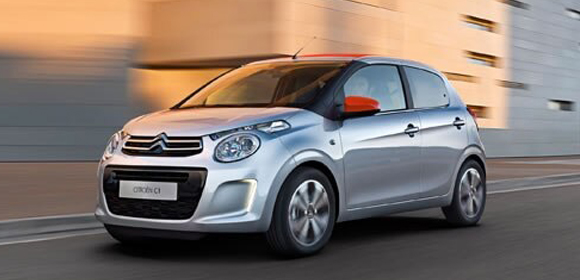Reacting to the merger of Groupe PSA and FCA (Fiat Chrysler Automobiles) PSA said it was reviewing which products would best meet customer expectations in its A segment, and cope with European carbon emissions targets.
“PSA is getting out of both the factory and the A-segment business, as it is offered today, and on which manufacturers have arguably lost the most money in Europe,” a source familiar with the matter said.
The result will be that the Peugeot 108 and Citroën C1 models will no longer be produced.
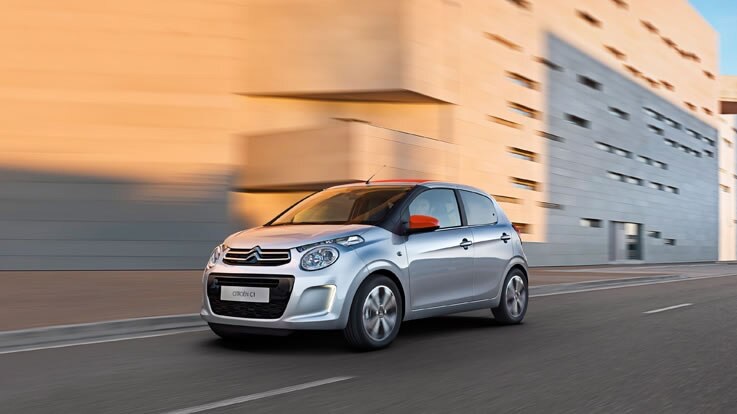
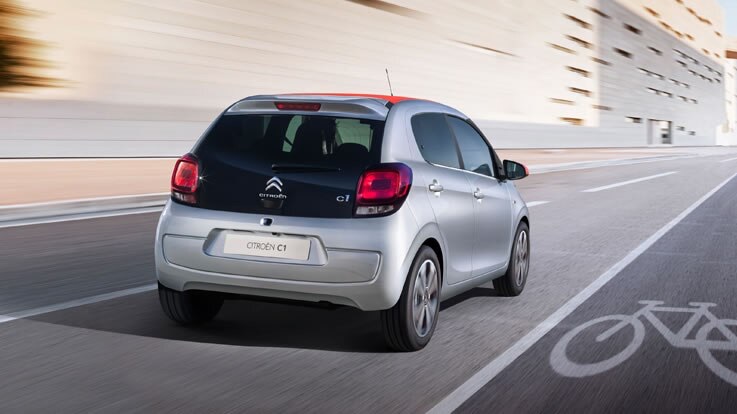
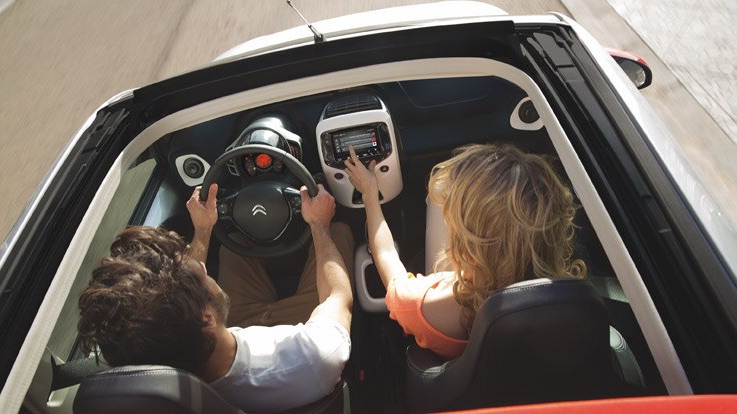
PSA had already agreed to sell its stake in its Czech joint venture with Toyota where the 108 and C1 models are made alongside the Toyota Yaris.
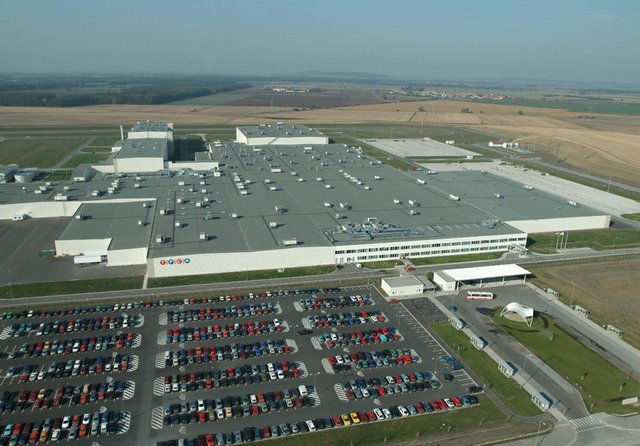
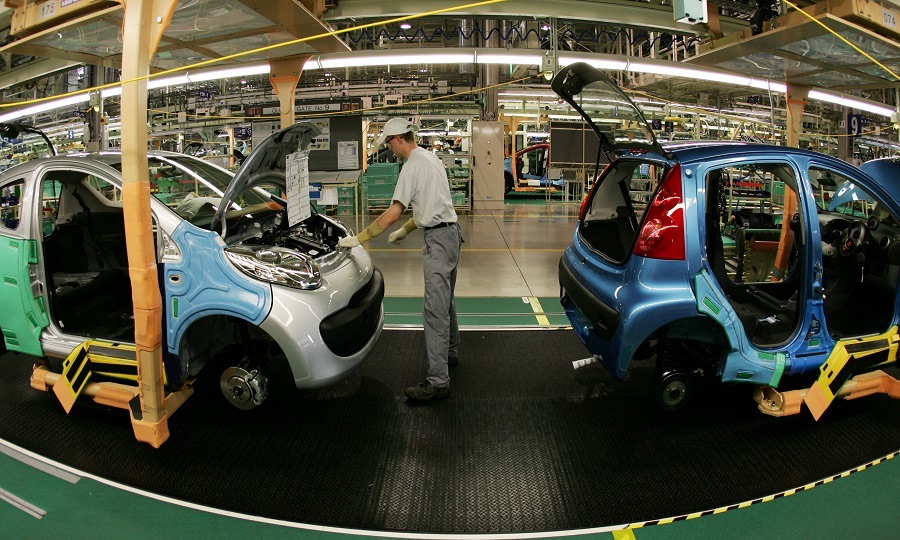
PSA and all car manufacturers are reviewing the production of vehicles with combustion engines as they need to fit costly exhaust filtering systems to meet tighter emissions laws. That’s pushing up the cost of some so-called entry-level A segment cars to the point where they are hard to justify economically.
Reportedly, PSA has decided to end production of fossil fuel cars altogether, although a definite date for such termination is yet to be determined. The European Commission is planning to tighten its emissions limits for cars under new proposals designed to cut the bloc’s greenhouse gas output further by 2030.
PSA’s merger project with FCA has also increased the options available for small city cars, as FCA currently has no intention of abandoning its small best-selling Panda and 500 models, the latter being an inseparable part of Fiat’s history. Both already have hybrid versions and the 500 is also available in full electric mode.
The European market for frugal city cars has been shrinking for several years. It fell to 7.4% last year from 10.9% in 2010 while slightly larger and more profitable vehicles in the B segment maintained their share at 30%. As part of a profitability drive, PSA has already discontinued production of two smaller Opel models – the Adam city car and the entry-level Karl – as part of an overhaul of the German brand.
PSA apparently considered electrification as an option for its A-segment cars but eventually abandoned the plan, fearing it would prove to be unprofitable. Several alternatives are being studied, including offering more low-cost electric cars in the style of the new Citroën AMI, which is assembled in Morocco, or vehicles in the B-segment with a more accessible price.
PSA and FCA aim to finalize their merger in the first quarter next year to create a new company called Stellantis, which will be the fourth-biggest automaker in the world. Although PSA CEO Carlos Tavares, who will head Stellantis, has said repeatedly that he saw no need to scrap any brands, following the merger he is obviously looking at eliminating some competing models within the company going forward.
